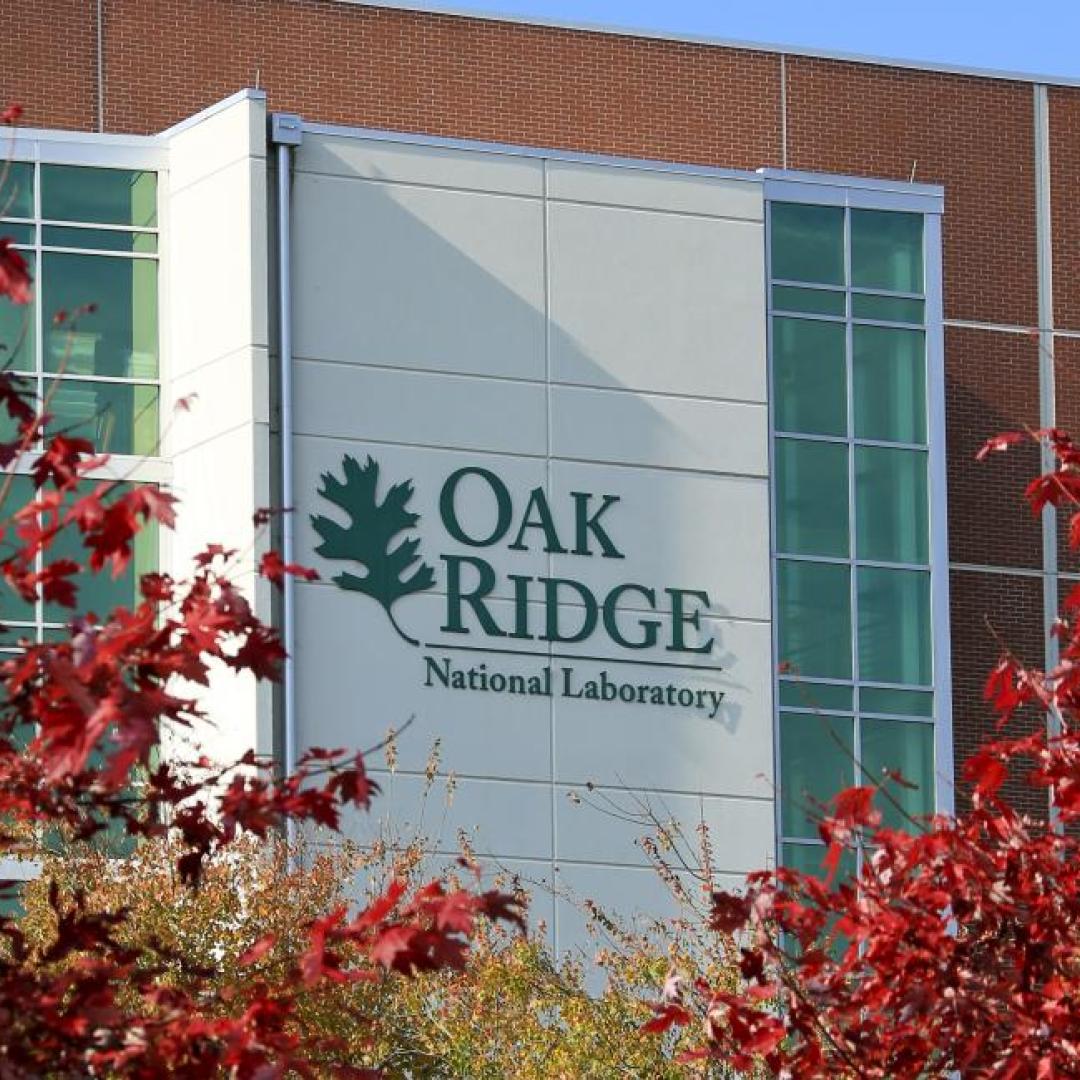Filter News
Area of Research
News Topics
- (-) Frontier (39)
- (-) Fusion (52)
- 3-D Printing/Advanced Manufacturing (116)
- Advanced Reactors (33)
- Artificial Intelligence (82)
- Big Data (49)
- Bioenergy (88)
- Biology (93)
- Biomedical (56)
- Biotechnology (21)
- Buildings (54)
- Chemical Sciences (57)
- Clean Water (29)
- Climate Change (92)
- Composites (25)
- Computer Science (181)
- Coronavirus (46)
- Critical Materials (23)
- Cybersecurity (35)
- Decarbonization (73)
- Education (3)
- Element Discovery (1)
- Emergency (2)
- Energy Storage (106)
- Environment (190)
- Exascale Computing (34)
- Fossil Energy (5)
- Grid (59)
- High-Performance Computing (80)
- Hydropower (11)
- Irradiation (3)
- Isotopes (46)
- ITER (7)
- Machine Learning (43)
- Materials (139)
- Materials Science (131)
- Mathematics (6)
- Mercury (12)
- Microelectronics (2)
- Microscopy (50)
- Molten Salt (8)
- Nanotechnology (60)
- National Security (54)
- Net Zero (11)
- Neutron Science (127)
- Nuclear Energy (102)
- Partnerships (38)
- Physics (58)
- Polymers (31)
- Quantum Computing (28)
- Quantum Science (65)
- Renewable Energy (2)
- Security (23)
- Simulation (42)
- Software (1)
- Space Exploration (24)
- Statistics (2)
- Summit (57)
- Sustainable Energy (117)
- Transformational Challenge Reactor (7)
- Transportation (93)
Media Contacts
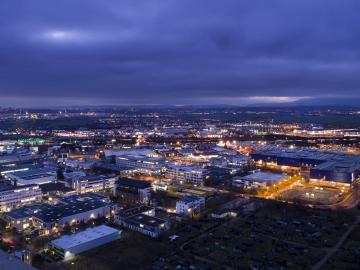
Scientists at Oak Ridge National Laboratory and six other Department of Energy national laboratories have developed a United States-based perspective for achieving net-zero carbon emissions.
Integral to the functionality of ORNL's Frontier supercomputer is its ability to store the vast amounts of data it produces onto its file system, Orion. But even more important to the computational scientists running simulations on Frontier is their capability to quickly write and read to Orion along with effectively analyzing all that data. And that’s where ADIOS comes in.
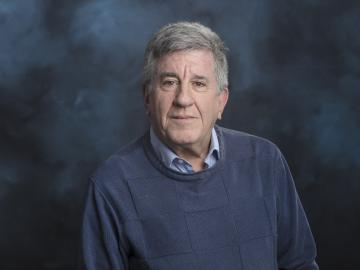
Chuck Greenfield, former assistant director of the DIII-D National Fusion Program at General Atomics, has joined ORNL as ITER R&D Lead.
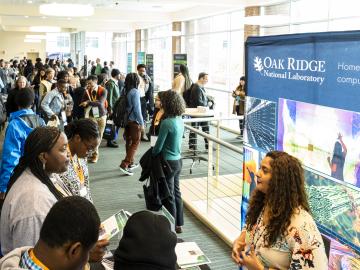
ORNL and the University of Tennessee, Knoxville, co-hosted the 2023 National Society of Black Physicists Annual Conference with the theme "Frontiers in Physics: From Quantum to Materials to the Cosmos.” As part of the three-day conference held near UT, attendees took a 30-mile trip to the ORNL campus for facility tours, science talks and workshops.

In summer 2023, ORNL's Prasanna Balaprakash was invited to speak at a roundtable discussion focused on the importance of academic artificial intelligence research and development hosted by the White House Office of Science and Technology Policy and the U.S. National Science Foundation.
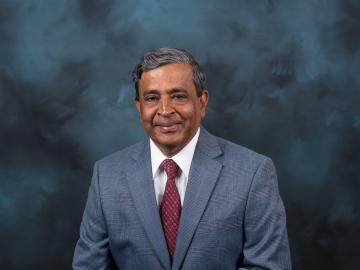
ORNL will lead a new DOE-funded project designed to accelerate bringing fusion energy to the grid. The Accelerate award focuses on developing a fusion power plant design concept that supports remote maintenance and repair methods for the plasma-facing components in fusion power plants.
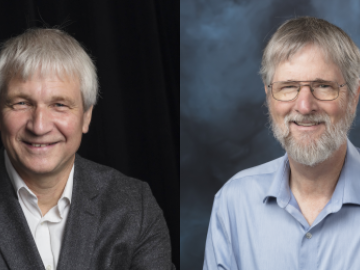
Two fusion energy leaders have joined ORNL in the Fusion and Fission Energy and Science Directorate, or FFESD.
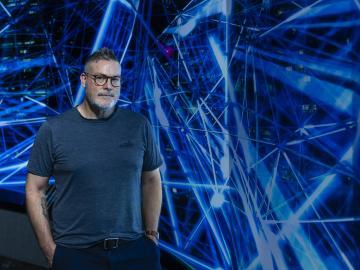
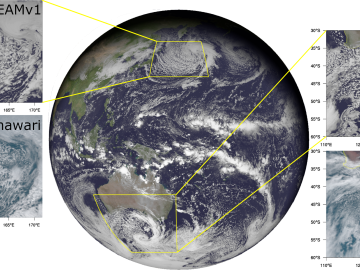
A 19-member team of scientists from across the national laboratory complex won the Association for Computing Machinery’s 2023 Gordon Bell Special Prize for Climate Modeling for developing a model that uses the world’s first exascale supercomputer to simulate decades’ worth of cloud formations.
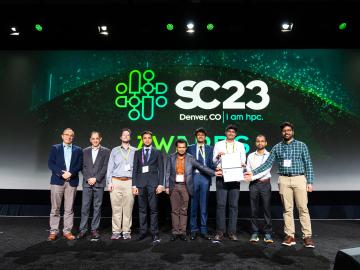
A team of eight scientists won the Association for Computing Machinery’s 2023 Gordon Bell Prize for their study that used the world’s first exascale supercomputer to run one of the largest simulations of an alloy ever and achieve near-quantum accuracy.




